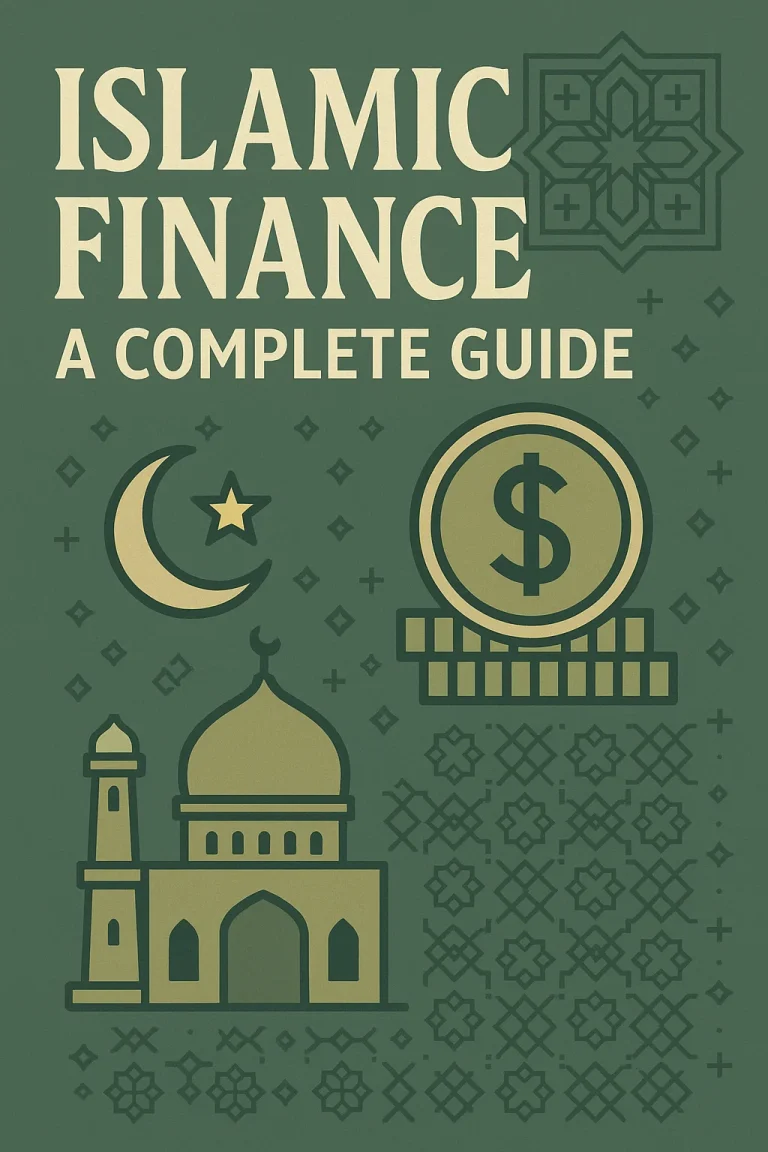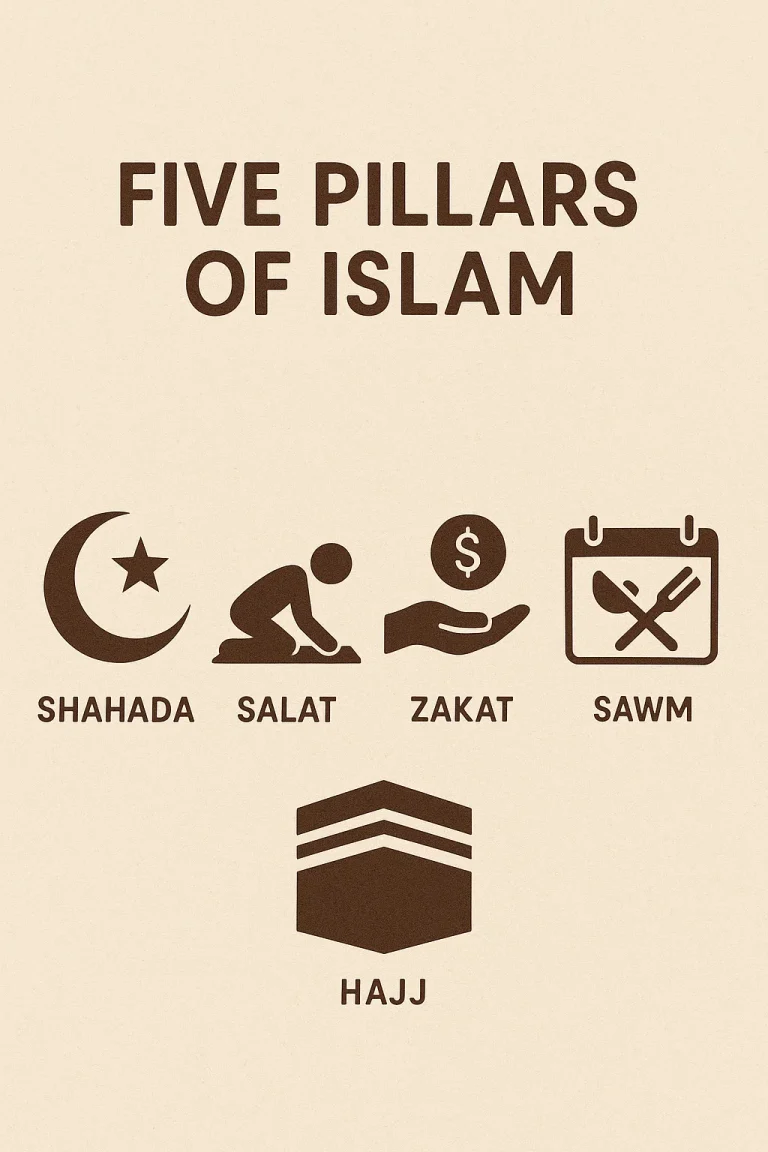Islam vs Christianity – A Simple Guide for Everyone
Islam vs Christianity
One of the most talked-about subjects in the world is Islam vs. Christianity. When combined, they account for over half of the world’s population. Kindness, prayer, and moral behavior are valued in both religions, which hold that there is only one God. However, they also differ in ways that help to define who they are. People can better comprehend history, religion, and culture by learning about them.
Quick Facts about Islam and Christianity
- Islam has over 2 billion followers
- Christianity has about 2.3 billion followers
- Together, they cover almost 55% of the world’s population
- Both believe in prophets, holy books, and the afterlife
- Both shaped world history, culture, and law
These numbers show how powerful both faiths are in shaping modern society. From schools and charities to art and traditions, their influence is global and lasting.
Islam at a Glance
Islam began in the 7th century in Mecca. The last prophet, Muhammad (peace be upon him), received revelations that became the Quran.
- Holy book: Quran
- God: Allah, one and only
- Prophet Muhammad: Final messenger
- Main acts of worship: Shahadah, prayer, fasting, zakat, Hajj
- Followers: Called Muslims
Islam is more than a religion. It is a complete way of life covering family, law, trade, and society. Muslims see faith and daily living as one whole.
Christianity at a Glance
Christianity started in the 1st century in Jerusalem. Followers believe Jesus is the Son of God and Savior.
- Holy book: Bible (Old and New Testament)
- Central figure: Jesus Christ
- God: Trinity – Father, Son, Holy Spirit
- Worship: Church, prayer, baptism, communion
- Followers: Called Christians
Christianity has many branches like Catholicism, Protestantism, and Orthodoxy. Each has unique traditions but shares the same core faith in Jesus.
Islam vs Christianity – Similarities
Despite differences, Islam and Christianity share common ground:
- One God as creator and sustainer
- Belief in angels, prophets, and holy scriptures
- Stories of Adam, Noah, Abraham, and Moses
- Value prayer, charity, and forgiveness
- Teach about heaven, hell, and judgment
These shared beliefs show that both faiths call people toward moral living and service to God.
Islam vs Christianity – Differences
| Topic | Islam | Christianity |
|---|---|---|
| God | One God (Allah), no partners | Trinity – Father, Son, Holy Spirit |
| Jesus | Prophet, not divine | Son of God, divine Savior |
| Holy Book | Quran | Bible |
| Salvation | Faith, deeds, and mercy of Allah | Faith in Jesus Christ |
| Prophet Muhammad | Last messenger | Not accepted as prophet |
| Worship Practices | Five prayers, fasting, zakat, pilgrimage | Church, sacraments, worship services |
Islam vs Other Religions
The subject of Islam versus other religions is also frequently discussed. Islam and Judaism have similar legal and monotheistic beliefs. It has prophets and ethics in common with Christianity. It shares the concept of spiritual development and self-discipline with Buddhism and Hinduism.
However, Islam is distinguished by its emphasis on Tawheed, or the unity of Allah, and its unambiguous teachings found in the Quran and Sunnah.
Key Beliefs that Set Islam Apart
- Tawheed – Allah is One, no partners
- Prophethood – Muhammad is the last messenger
- Quran – final revelation, unchanged
- Shariah – complete guidance for life
- Ummah – unity of all Muslims
Global Spread and Numbers
- Christianity is largest, covering 31% of world population
- Islam is second, covering 25% and growing fast
- Islam is the fastest-growing religion, especially in Europe and North America
- By 2070, Muslims may equal or surpass Christians in number
- Both religions are present in almost every country
These figures show how both faiths shape the world map and future.
Influence on Society
Islam:
- Influenced law, science, medicine, and art during the Golden Age
- Built strong trade networks across Asia, Africa, and Europe
- Inspired architecture like mosques, calligraphy, and geometric art
Christianity:
- Shaped Western philosophy, law, and education
- Built institutions like schools and hospitals
- Inspired cathedrals, paintings, and music
Common Misunderstandings
- Some think Muslims worship Muhammad. This is false. Muslims worship only Allah.
- Some think Christians worship three gods. They believe in one God in Trinity form.
- Some believe both faiths always conflict. But history shows many times of peace, cooperation, and shared progress.
Common Questions
Q. Do Muslims believe in Jesus?
Yes. Muslims see Jesus as a prophet and messenger but not divine.
Q. Do Christians believe in Muhammad?
No. Christians do not accept Prophet Muhammad as a prophet.
Q. Is the Quran similar to the Bible?
Both share stories but differ in message. The Quran is final revelation in Islam.
Q. Can Muslims and Christians live in peace?
Yes. Both faiths teach respect, kindness, and peace.
Q. Which religion is older?
The first century saw the rise of Christianity. The seventh century saw the rise of Islam. However, both can be traced back to Abraham.
How to Learn More
- Read both holy books
- Visit a mosque and a church
- Attend interfaith talks
- Speak to followers with respect
- Focus on shared values instead of only differences
Final Thoughts
Christianity and Islam are more than just differences. It has to do with a common faith in God, ethics, and purpose. Both religions prepare billions for the afterlife and lead them toward good deeds.
Respect and peace are brought about by understanding when we examine Islam in comparison to other religions with an open mind. Unity is better for humanity than division.






